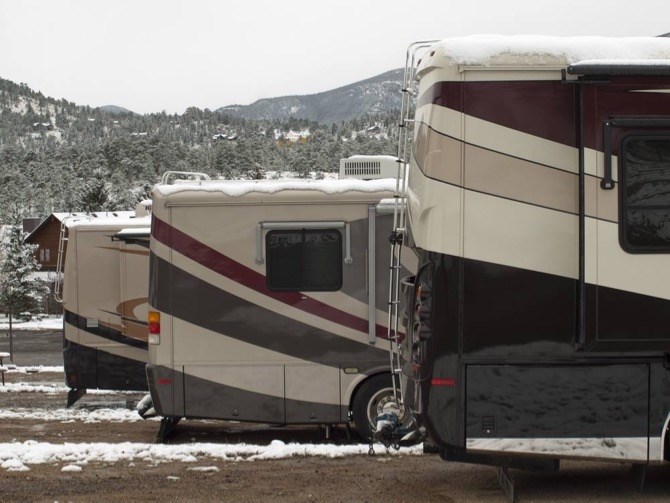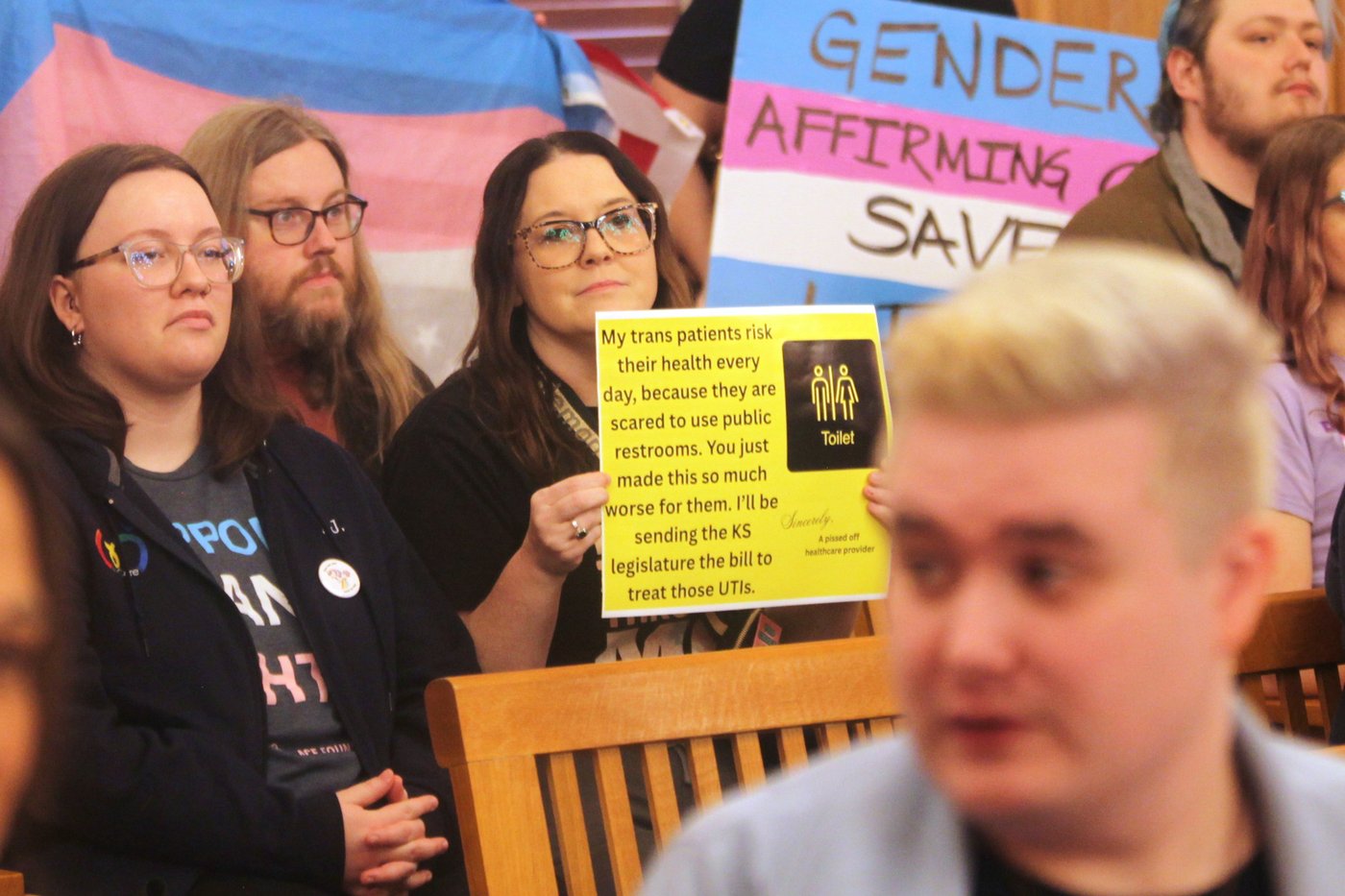Pipeliners are living in North Thompson RVs. Why can’t locals?
A rural rights advocate is questioning why pipeline workers can live in RVs, while the Thompson Nicola Regional District restricts residents from doing the same.
Tom Coles of the Rural Rights Association of B.C. says it's a double standard and hopes to raise the issue again with a fresh slate of elected directors at the regional district.
"While they have turned a blind eye toward pipeliners, they have not stopped persecuting people elsewhere," he said.
READ MORE: Why now is likely the best time to buy a house in Kamloops, Okanagan
The regional district never allowed people to live in their RVs, but Coles and other North Thompson residents began protesting the bylaw as year-round RV-dwellers got removal orders from the regional district, including this Barriere couple in 2019.
To Coles, the bylaw is unfair to residents who are simply finding ways to live within their means, but the Rural Rights Association hasn't been successful in influencing change at the regional district.
Trans Mountain Pipeline workers are known to live outside of work camps and in RV parks, but Coles said it's common for Clearwater area property owners to rent their own private land for RVs, too.
He has no opposition to Trans Mountain pipeline workers living in their RVs in the Clearwater area, but says the regional district should offer leniency to residents just trying to make ends meet who want to do the same.
"I don't know how many pipeline workers are housed in recreational vehicles throughout the area, but certainly far more than (regional district) initially considered a problem," he said.
READ MORE: Bylaw change still 'criminalizes poverty' in the TNRD, says advocate for long-term RV dwellers
Wells Gray region director Usoff Tsao acknowledged that pipeline workers living in RVs while they work in the area seems like it could be a double standard and plans to discuss it with regional district staff.
He was newly elected to the position last fall and met with Rural Rights Association representatives during the election. He said he has compassion for people that choose to live in RVs out of necessity, but later learned more of the regional district's position after the election.
Although the RV ban has never been changed, the regional district cited concerns about proper sewage disposal, BC building codes and the inability to tax RVs when defending the bylaw in 2019. It's enforced on a complaint basis and bylaw officers don't patrol to look for violations.
"If nobody complains about the pipeline workers, but if someone complains about a guy just getting by in his RV, does that make it okay?" he said.
He added that he and other electoral area directors personally know people who live in their RVs year round in rural areas, but there's no enforcement on those properties because neighbours don't complain.
READ MORE: 'It's no small ordeal to build your own home,' Okanagan tiny home workshop shows you how to do it
For Coles, he believes the inability to get property tax out of an RV was the top concern of the regional district when it refused to allow them for permanent living arrangements.
"We moved out to into the country because we perceived in doing so, we'd have a certain amount more freedom than living within a municipal district," he said.
Trans Mountain Corp. did not respond to requests for comment on its employees' RV arrangements.
To contact a reporter for this story, email Levi Landry or call 250-819-3723 or email the editor. You can also submit photos, videos or news tips to the newsroom and be entered to win a monthly prize draw.
We welcome your comments and opinions on our stories but play nice. We won't censor or delete comments unless they contain off-topic statements or links, unnecessary vulgarity, false facts, spam or obviously fake profiles. If you have any concerns about what you see in comments, email the editor in the link above.




